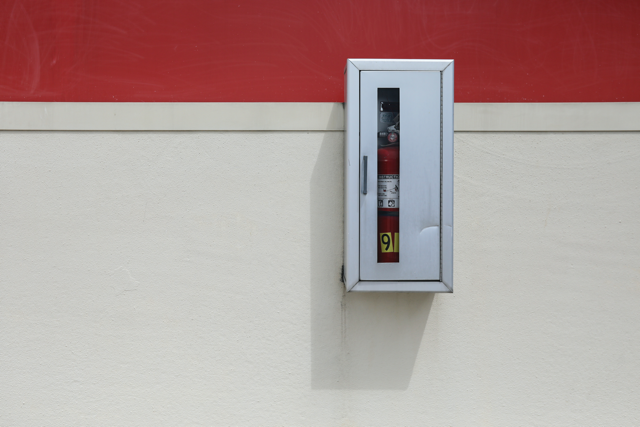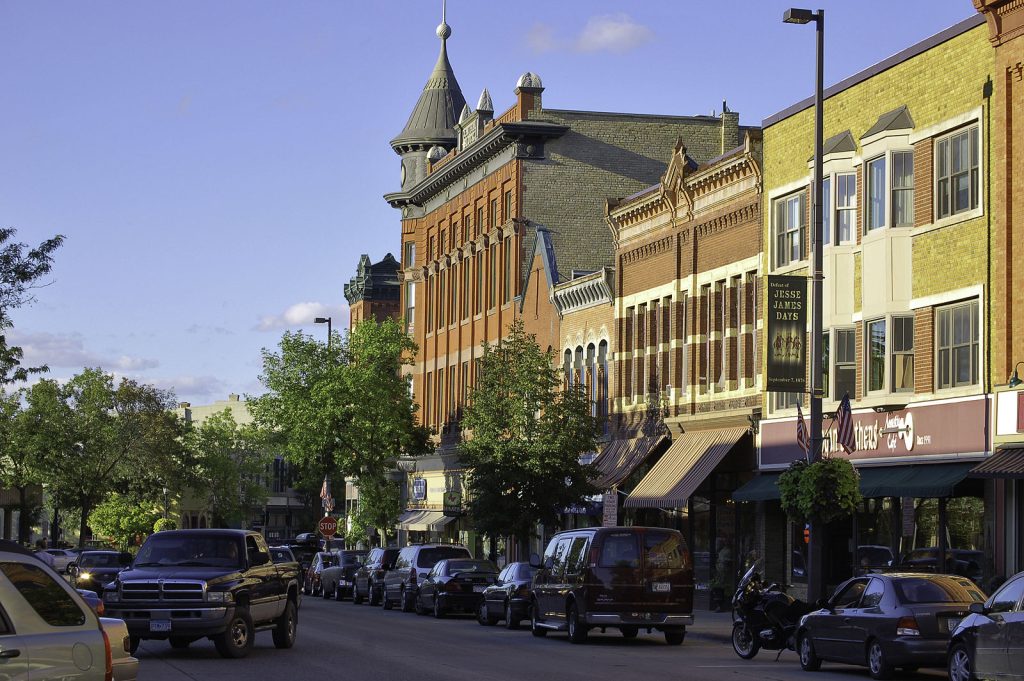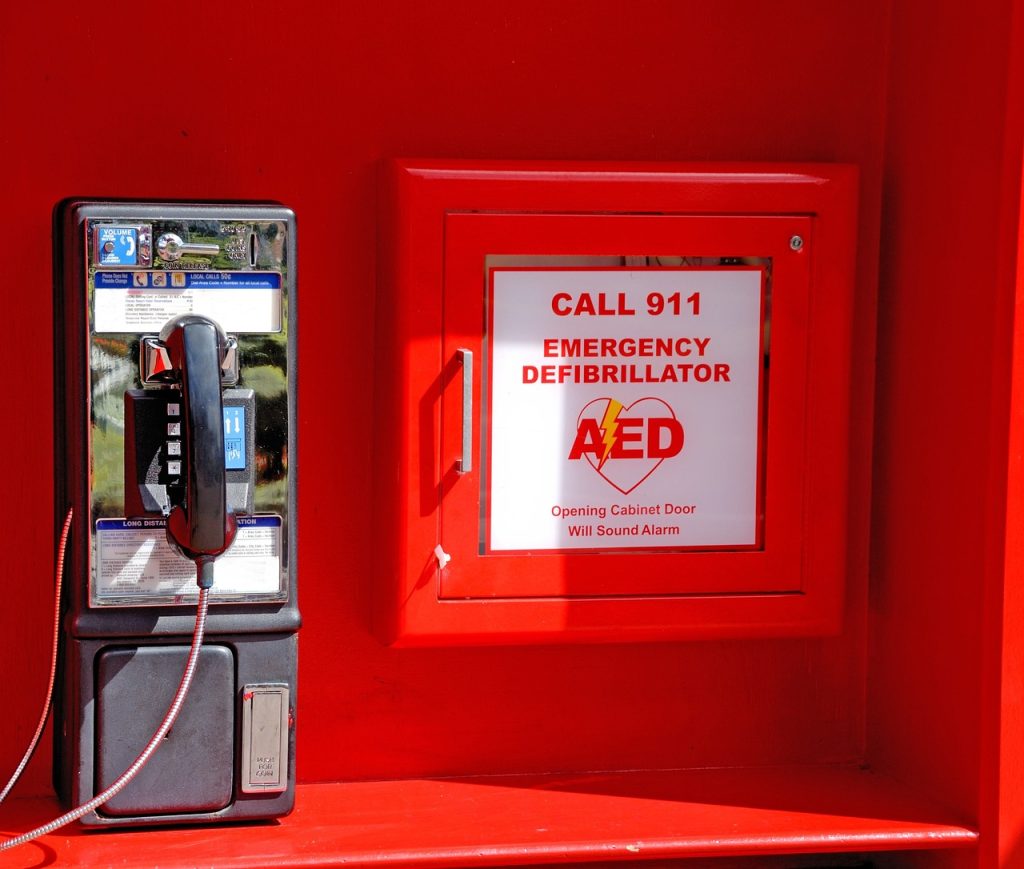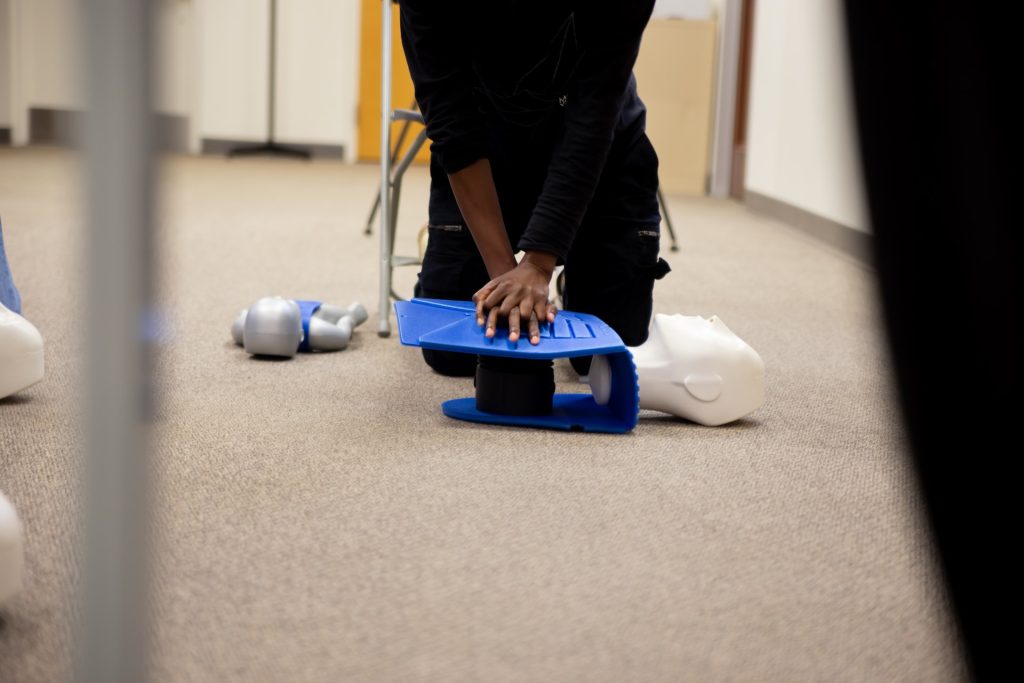HeartCert is excited to announce our newest offering – HeartCert Trained Medication Administration (TMA) Course. This course will review the information required for unlicensed personnel to administer medications while under the direction and supervision of a licensed registered nurse.

HeartCert Trained Medication Administration (TMA) Course
A Trained Medication Aide’s role involves delivering high-quality patient care, adhering to facility medication policy, and following safety protocols while administering medications and treatments. Our Minnesota State Approved Trained Medication Administration program will equip you with the skills needed to become TMA certified.
What you will learn:
- Legal and ethical issues related to medication administration
- Body systems and medications for each
- Administration of non-parenteral medication and other required skills
- Hands on experience
Participants must have completed a Certified Nursing Assistant (CNA) training program approved by the Department of Health and be at least 16 years old.
Related: Why Should I Become a CNA?
HeartCert Trained Medication Administration (TMA) Course is a hybrid class program. The course will consist of 48 hours of online instruction with a live instructor and several in-person sessions.
Equipment and training materials will be provided to all participants. Upon completion of this course, you will receive a Trained Medication Aide (TMA) Certificate.
Got Questions?
Do you have any questions about the HeartCert Trained Medication Administration (TMA) Course? Give HeartCert a call at 
![]() 651-261-2314.
651-261-2314.
HeartCert CPR is your trusted training partner for CPR, ACLS, PALS, EMR, First Aid, CNA, IV, EKG and more, in Minnesota and throughout the United States.
HeartCert CPR courses include CPR/AED/First Aid, Basic Life Support (BLS), Advanced Cardiac Life Support (ACLS), Pediatric Advanced Life Support (PALS), Certified Nursing Assistant training, IV training, EKG training, babysitter basics and more. Courses and certifications from both the American Heart Association and American Red Cross are available.
We are now offering virtual CPR courses and certifications, as well as safe in-person courses at all locations and our headquarters, HeartCert CPR Eagan.














